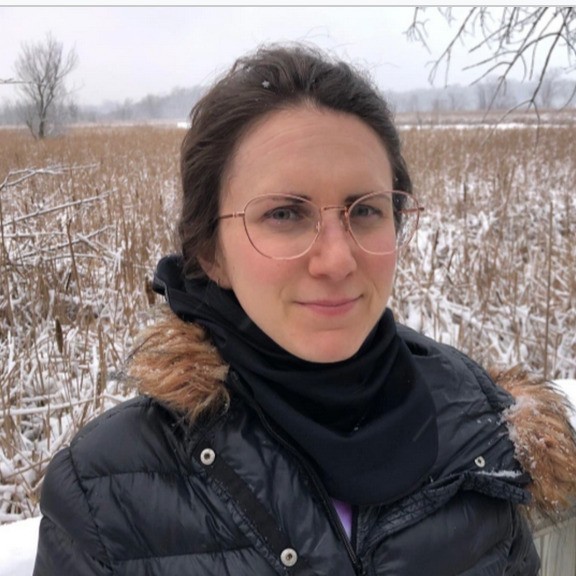Date: Wednesday, December 11, 4:00-5:00 pm ET.
Cost: Free for College Autism Network members. $50 for non-members.
Join us for a webinar led by Sarah E. Silverman, Ph.D. Neurodiversity and Universal Design for Learning are often mentioned alongside each other in higher education. Universal Design for Learning (UDL) is a framework used to design learning that is accessible to the greatest number of students with less need for individual accommodations. Neurodiversity as a framework and UDL have several major points of agreement: The first is that there is no average or standard when it comes to cognition and learning. UDL frames this in terms of there being no “average learner” and instead focusing on “learner variability.” The Neurodiversity paradigm introduced by Nick Walker suggests that “There is no ‘normal’ or ‘right’ style of human mind, any more than there is one ‘normal’ or ‘right’ ethnicity, gender, or culture,” although some cognitive styles are more marginalized in society than others. Neurodiversity theory and UDL both endeavor to break down this “myth” of normality. This webinar will clarify the areas of overlap between Neurodiversity theory and UDL, and where these two frameworks may disagree or diverge. We will discuss ways in which neurodiversity theory and activism may help to inform and shape the implementation of the UDL to support neurodivergent students, with a specific focus on how communication differences can be respected and honored using UDL.
About the Presenter

Sarah E. Silverman, Ph.D.
Educator and Consultant
Sarah Silverman teaches disability studies and provides consulting services related to neurodiversity, accessibility, and instructional design in higher education. Her research and advocacy interests include UDL, feminist pedagogy, the history of the neurodiversity movement, and the needs and experiences of disabled and neurodivergent faculty. Sarah teaches Women’s Studies and Disability Studies at University of Michigan, Dearborn and Goodwin University. She has previously done faculty development work at University of Michigan, Dearborn, UW Madison, and UC Davis.She writes a Substack newsletter called “Beyond the Scope” in which she discusses teaching and learning topics that often fall beyond the scope of what introductory faculty development programming is able to cover.
Hosted by:
Lee Burdette Williams
Executive Director of the College Autism Network
Lee Burdette Williams has been Executive Director of the College Autism Network since 2019. Prior to working with CAN, Lee was the Dean of Students at the University of Connecticut and the Vice President for Student Affairs and Dean of Students at Wheaton College (MA). In both of these roles, Lee frequently moderated situations involving disability, disruption, student conduct and Title IX concerns.




